|
Non-fiction and documentary film is a great way for students to begin to understand the world around them. We see this in the historical documentaries by Ken Burns and science documentaries like the BBC series Planet Earth.
But films can do so much more than list historical facts.
0 Comments
This article was originally published in the International Literacy Association’s magazine, “Literacy Today” The power of literature to provoke thought, evoke emotion and address important social issues are all reasons why poetry, essays and novels are at the heart of ELA curriculum. By adding cinematic works to our literary canon we can expand the concept of literature and make analysis skills meaningful and relevant to our students. The best way to build empathy for other people is to listen, and I feel that one of the most engaging ways to do this is through authoring and publishing digital stories.
Most teachers have little experience with these types of projects, so I led a group of teachers on a trip to Guatemala this summer where they learned the art and technique of producing video documentaries. Inspired by the Humans of New York blog, teacher participants interviewed the Mayan people of Guatemala to understand their lives and culture. At the end of the trip, I produced an ebook that documents our experience, includes the finished projects, and details the lesson for the documentaries so you can do a similar project with your students. 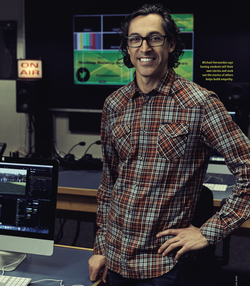 I'm passionate about all kinds of storytelling and how the act of creating and publishing stories has the ability to open hearts and minds. This article explores my ideas about storytelling and empathy and can give you a better sense of my philosophy of teaching and learning. It was written by Nicole Krueger for the ISTE member magazine, Empowered Learner in 2018. See the full article below. Photos by Allen Zaki.
This article originally appeared in PBS Teachers Lounge
Teachers rarely get out of their classrooms, and although we like hanging out with kids, it’s important to collaborate--and, yes, have fun--with grownups. Some of my most inspirational professional growth has happened at conferences, and I’ve met some of my best friends by attending these events. After years of attending conventions as both a presenter and attendee, I thought I’d share a few tips about how to make the most of your conference experience. It took several months before one of my high school students told me the story of what had happened on our class field trip.
In November 2016, the day after the election, I took a group of 20 students to Indianapolis for the National High School Journalism Convention. During the trip one of my students was using the gym when a mom asked him if he was in town for the marching band convention. When he told her that he was there as a student journalist, she called him a “lying pig like CNN” and promptly ushered her children away. This story first appeared in EdSurge
When was the last time you wrote an essay? When was the last time you read one other than for grading? Now think about the frequency with which you read online articles, blogs, social media posts or listen to podcasts that inspire you or provide new information and perspectives. When did you last watch YouTube to figure out how to do something complicated, from cross stitch to car repair? If you’re like me, you’ve done much of your reading and learning through some kind of digital publishing platform—because it’s easy, accessible and often free. Whether text, video or something else entirely, each of these mediums encompasses a form of writing. 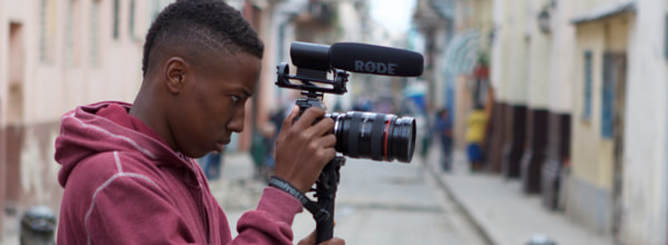 By telling their stories through multimedia, students develop skills in critical thinking, writing, research, and collaboration, as well as owning their learning and effecting change. This story first appeared in Edutopia. Perceptions of people and events are very much dependent upon who you are and what your experience has been. Events in Ferguson and Baltimore, among others, highlight our misunderstandings of each other, and how the same facts can be interpreted entirely differently. What's worse, people of color and underrepresented groups are defined by journalists covering these events, who themselves don't reflect the ethnic composition of our country as a whole. |
AuthorMichael is an award-winning media arts teacher, speaker and consultant in Los Angeles. Archives
October 2018
Categories
All
|
||||||
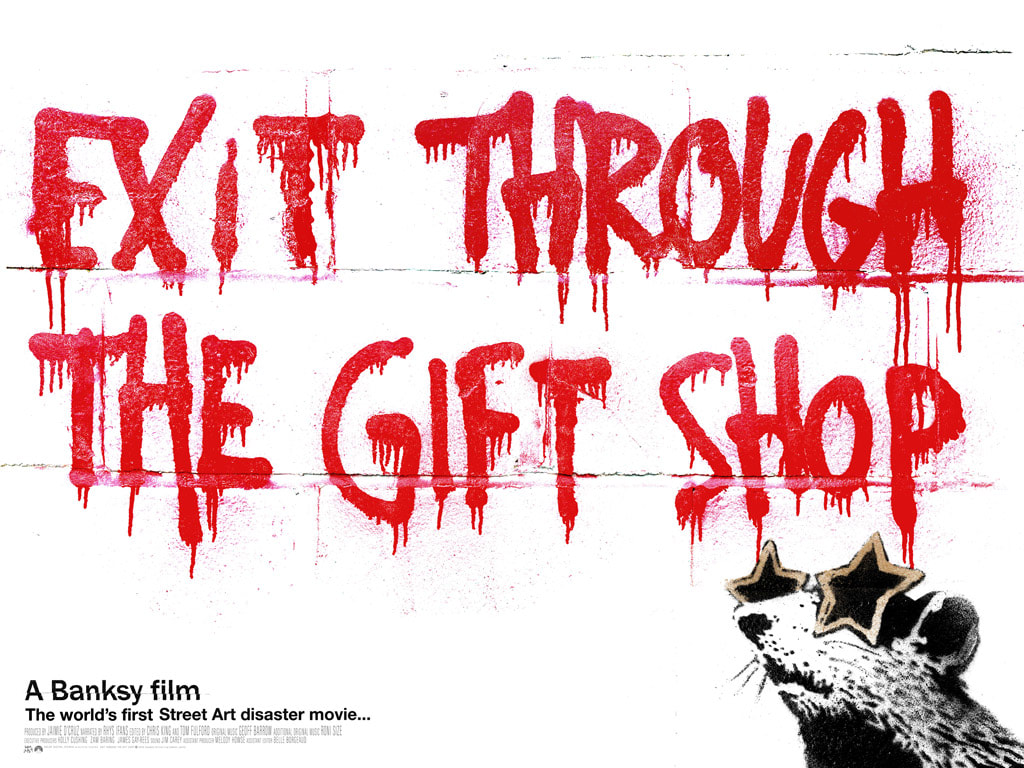
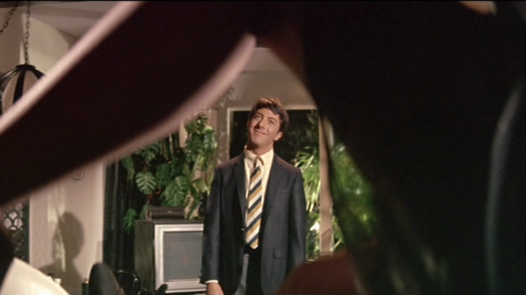
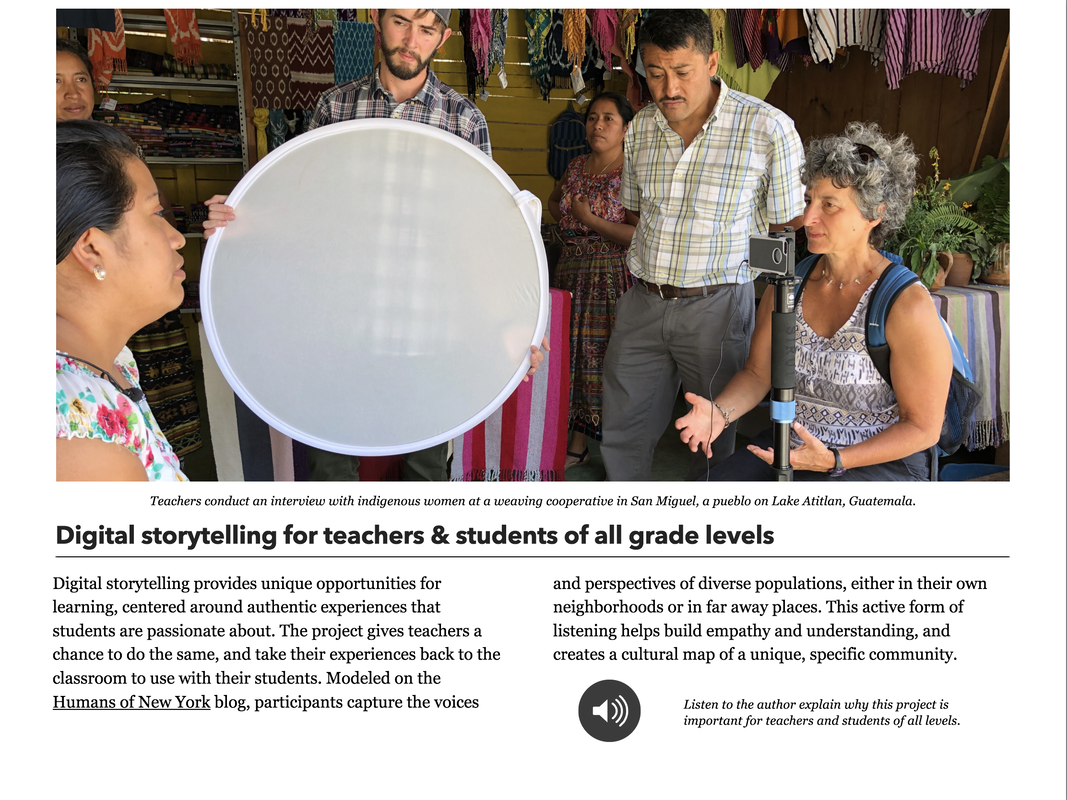
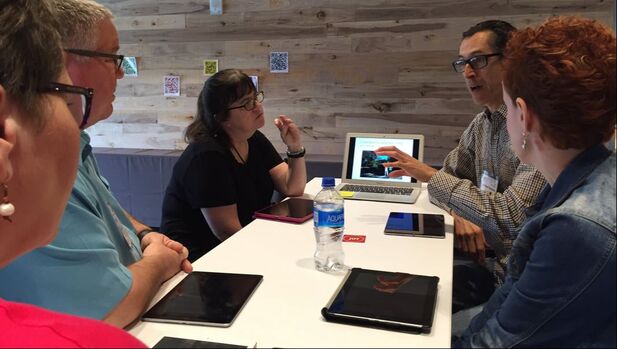
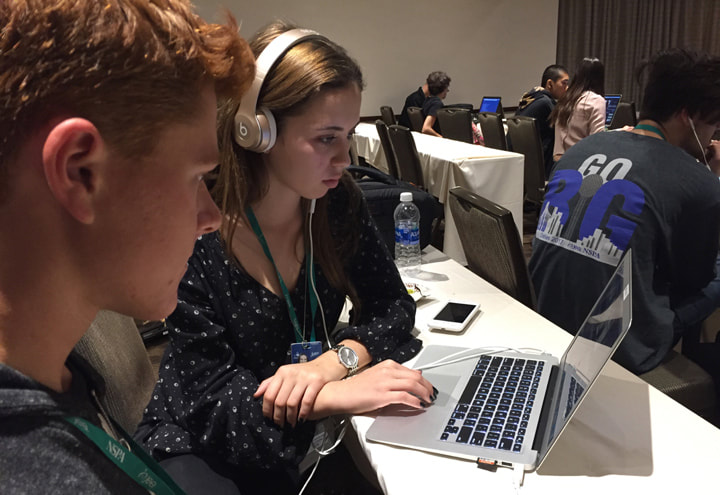
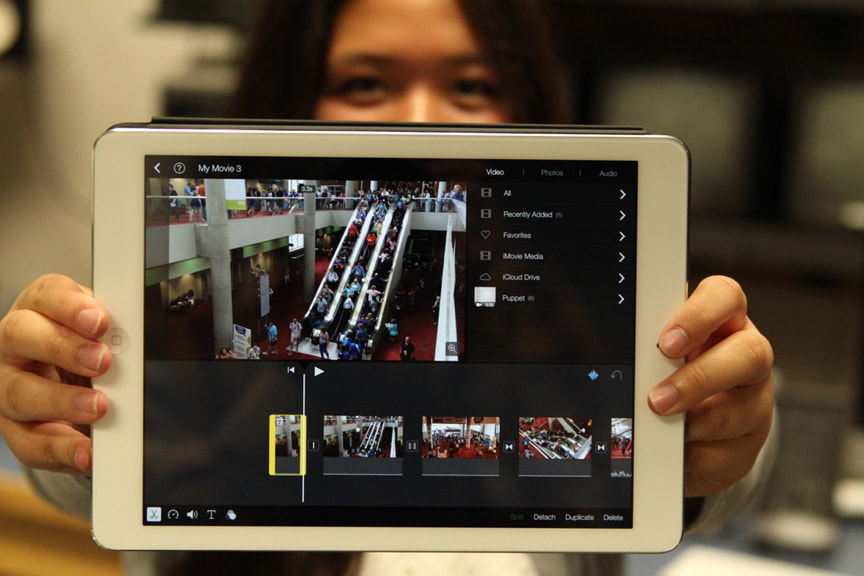
 RSS Feed
RSS Feed